Statistics Canada is conducting a public consultation on the 2026 Census of Population from 9 January – 31 March.
“The online consultation questionnaire is designed to gather information about how and why Canadians use census data, the type of information they believe should be available from the census, and details of other data sources that could be used to supplement or replace current census content. The information gathered during consultations will help Statistics Canada assess the data needs of Canadians and evaluate whether emerging social and economic trends are reflected. Your feedback will help Statistics Canada determine the content of the 2026 Census of Population questionnaire.
Comments collected during the consultation may be published anonymously in the 2026 Census of Population Content Consultation Report, which will be available on the Statistics Canada website in the fall of 2024.”
The questionaure is at https://census.gc.ca/2026consultation-questionnaire .
Comment: The purpose of the census is to provide “a detailed statistical portrait of Canada and its people by their demographic, social and economic characteristics.” It’s use is “to plan public services such as health care, education, and transportation; determine federal transfer payments; and determine the number of Members of Parliament for each province and territory.”
Wikipedia has an article on Census in Canada.
Statistics Canada has repeatedly stated that given the purpose as a statistical portrait no consideration is given to genealogist requirements in formulting the census questions. That’s despite the fact that the detailed census data, with information on individuals, is required to be released to the public, at present after 92 years. If parliament did not want such release there would be no point in requiring it.
The census should, at a minimum, provide a snapshot in time to assist genealogists to accurately trace a family history.
Input to the consultation is the kind of activity a genealogical society with a mandate for advocacy should be undertaking on our behalf.


 This collection contains 274,226 burial and cremation records from the Metropolitan Borough of Dudley from 1859 onwards.
This collection contains 274,226 burial and cremation records from the Metropolitan Borough of Dudley from 1859 onwards. 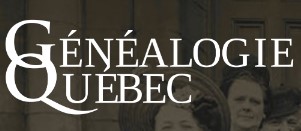 Today the Drouin Institute launches the 2023 edition of its contest in which 5 participants will win a 1-year subscription to
Today the Drouin Institute launches the 2023 edition of its contest in which 5 participants will win a 1-year subscription to 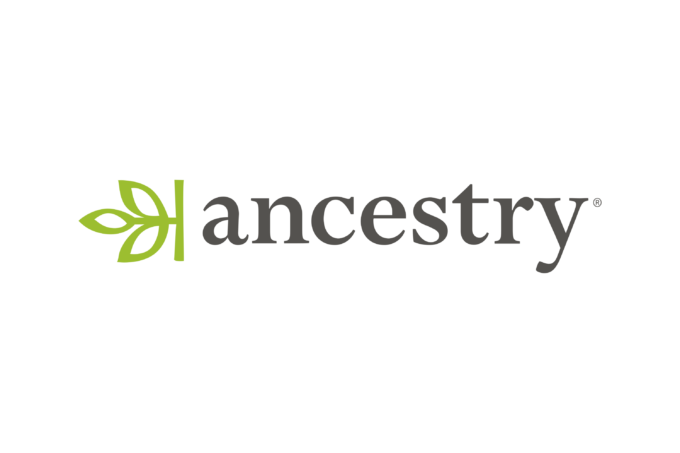 The following Ancestry collections have been updated.
The following Ancestry collections have been updated.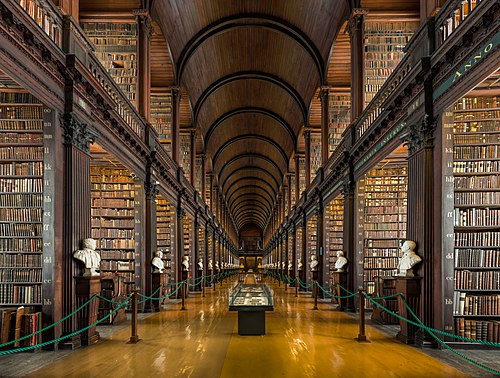 The TDC Library has a digital collection online that includes admission and examination registers. Find them by searching for admission or examination at
The TDC Library has a digital collection online that includes admission and examination registers. Find them by searching for admission or examination at  For new and returning clients only, not those with an existing account, Fold3 offers unlimited one-year access for $49.95 US until 31 January.
For new and returning clients only, not those with an existing account, Fold3 offers unlimited one-year access for $49.95 US until 31 January.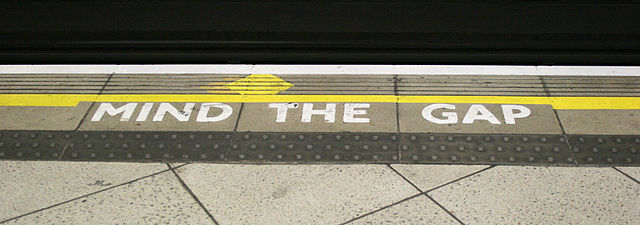

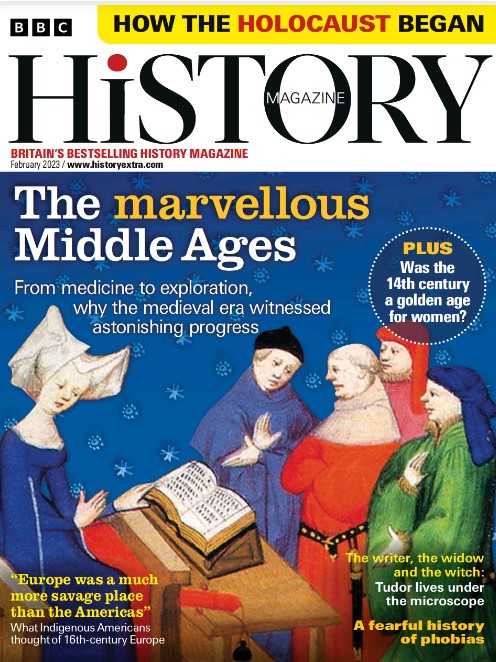 Before listing the feature articles in the February issue, a brief mention of the interview with Caroline Dodds Pennock about her new book, Savage Shores.
Before listing the feature articles in the February issue, a brief mention of the interview with Caroline Dodds Pennock about her new book, Savage Shores.